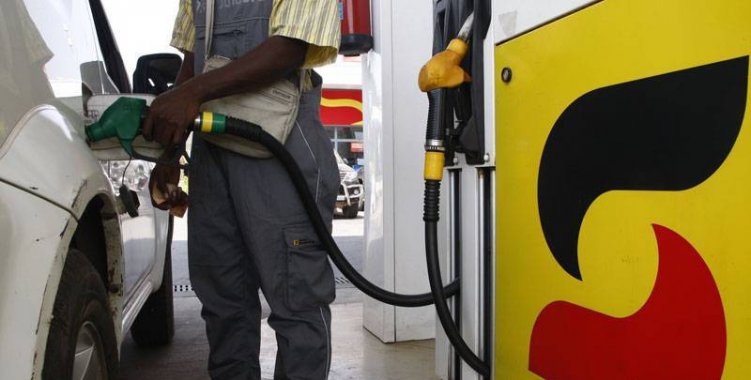João Lourenço completed another stage of his visits to the provinces this Saturday in a pre-electoral campaign tone, following the model adopted in the previous trips to Cunene and Cabinda: it started with inaugurations, in the guise of head of state, and ended with an of masses, as leader of the Popular Movement for the Liberation of Angola (MPLA), the party in power in Angola since independence in 1975.
As in previous speeches, João Lourenço pointed out several achievements of the current government, evoking the centenary of the birth of Agostinho Neto, the country's first president, to remember his "wise" words, affirming the commitment to "solving the people's problems".
"This is what we have been doing throughout our mandate, all over the country", he said, pointing out a series of infrastructures in the areas of housing, health, water and energy, which are also job opportunities.
He also spoke about the elections, scheduled for August, appealing to everyone to exercise their right to vote, not only to give the MPLA victory, but to "ensure that this effort to solve the people's problems continues" and promised that, in the next term, he will do much more, because "there will be no covid, no 19, no 20, no 21".
The mission is also to achieve full employment, he continued stating that this can be achieved if there is a combination of public and private.
The MPLA leader also addressed the economic crisis caused by the conflict in Ukraine, which caused fuel and food prices to soar, stressing that the country has been preparing to face the shock of this energy and food crisis.
"Fortunately, we had the vision of not being satisfied with just being a big producer of crude oil," he said, noting that people and industries consume refined products, such as diesel and gasoline.
"We boasted that we were a major oil producer, but we were also a major importer of oil derivatives, a situation that was very wrong", stressed João Lourenço, pointing out the recent development of refineries in the country.
Although the problem of the Lobito refinery has not yet been resolved, João Lourenço said that conditions had been created for the private sector to invest in smaller refineries, adding that later this year Cabinda would start production and on Friday the first stone was laid. of the Soyo refinery, expected to produce 160,000 barrels/day at the two refineries in 2025.
In addition, he announced that, in June, the Luanda refinery will start producing four times as much gasoline, an increase in supply that could mean a drop in prices from June or July.
He also spoke about the need to reduce the weight of the informal economy, insisting that employment "is a right that belongs to all citizens" and highlighted that about 150,000 sellers left informality with the implementation of the PREI (Program for Reconversion of the Economy Informal).
He also indicated other measures that the executive has taken to lower the cost of living of citizens such as the reduction of VAT on some products, increase in the value of the minimum wage and strategic food reserve, once again launching an appeal to increase food production, not only for domestic consumption, but for export.
And because "man does not live by politics alone", João Lourenço ended the rally, announcing that before August, a stadium will begin to be built in Huambo.







